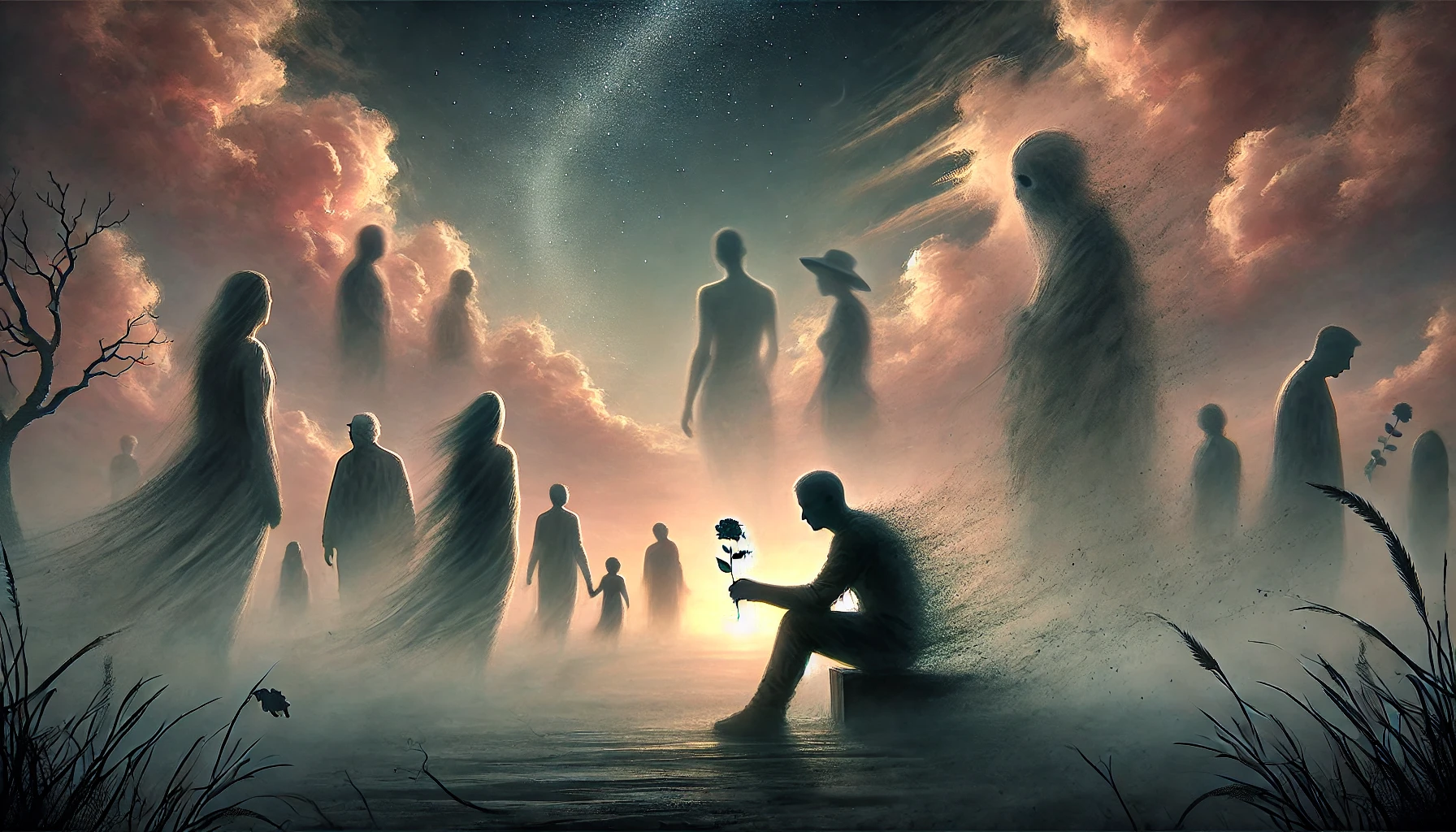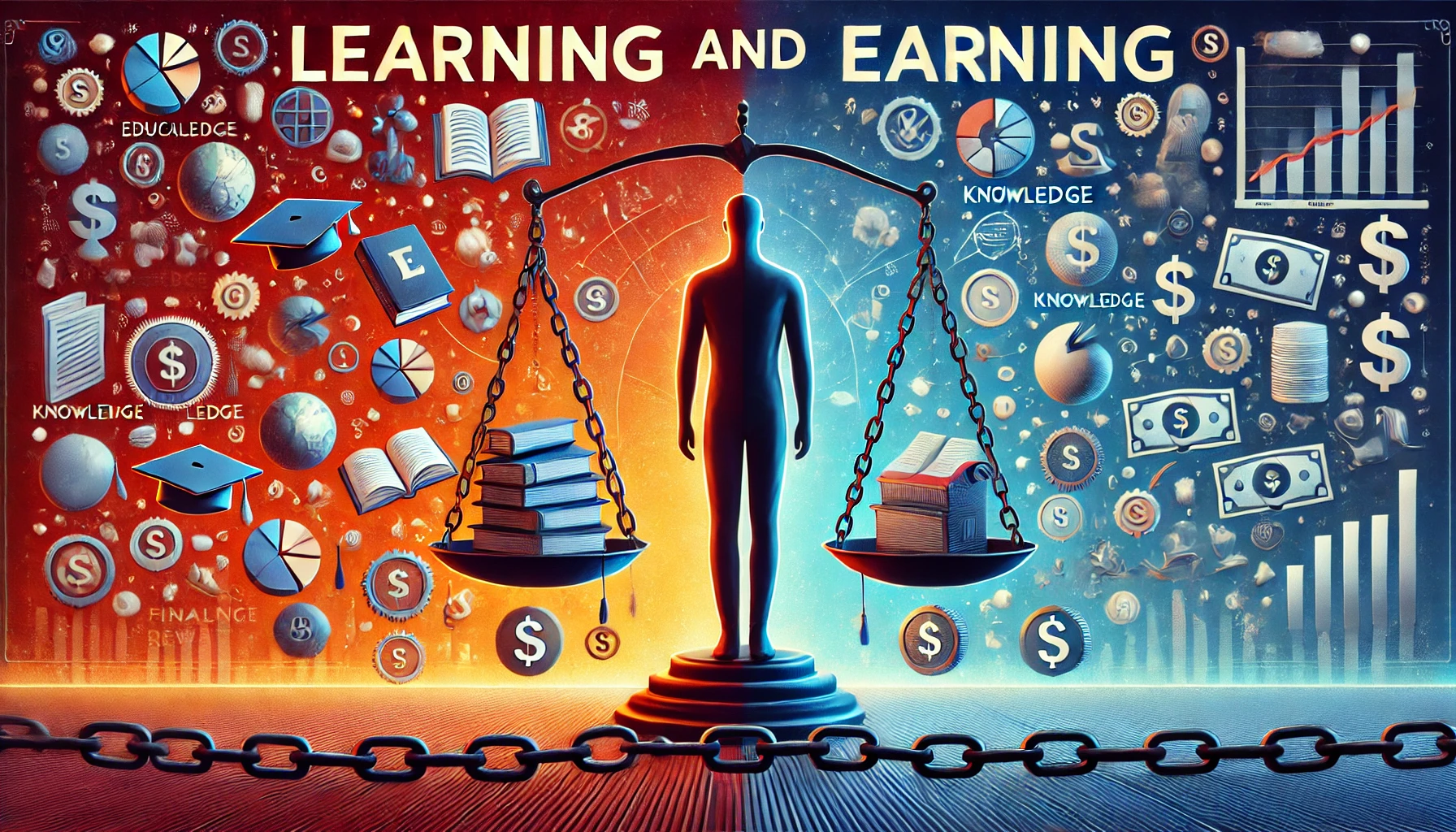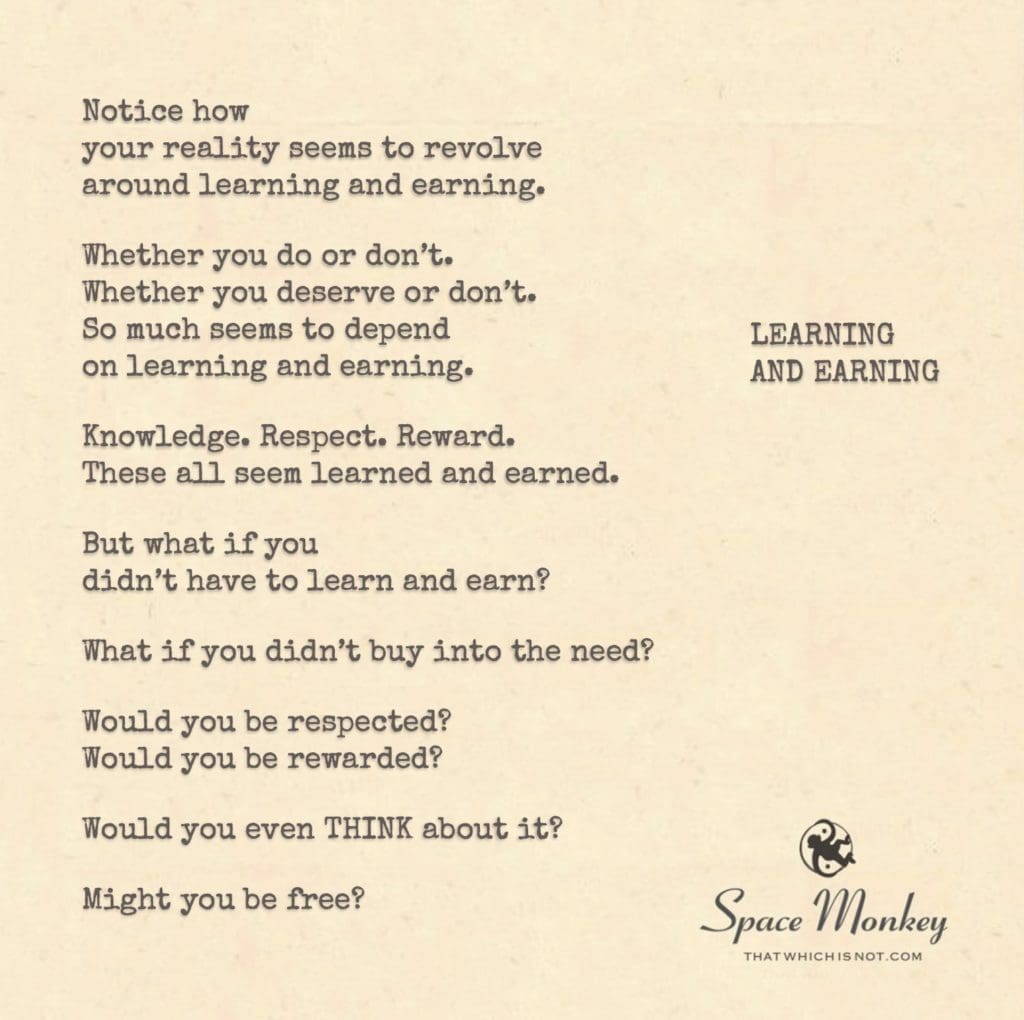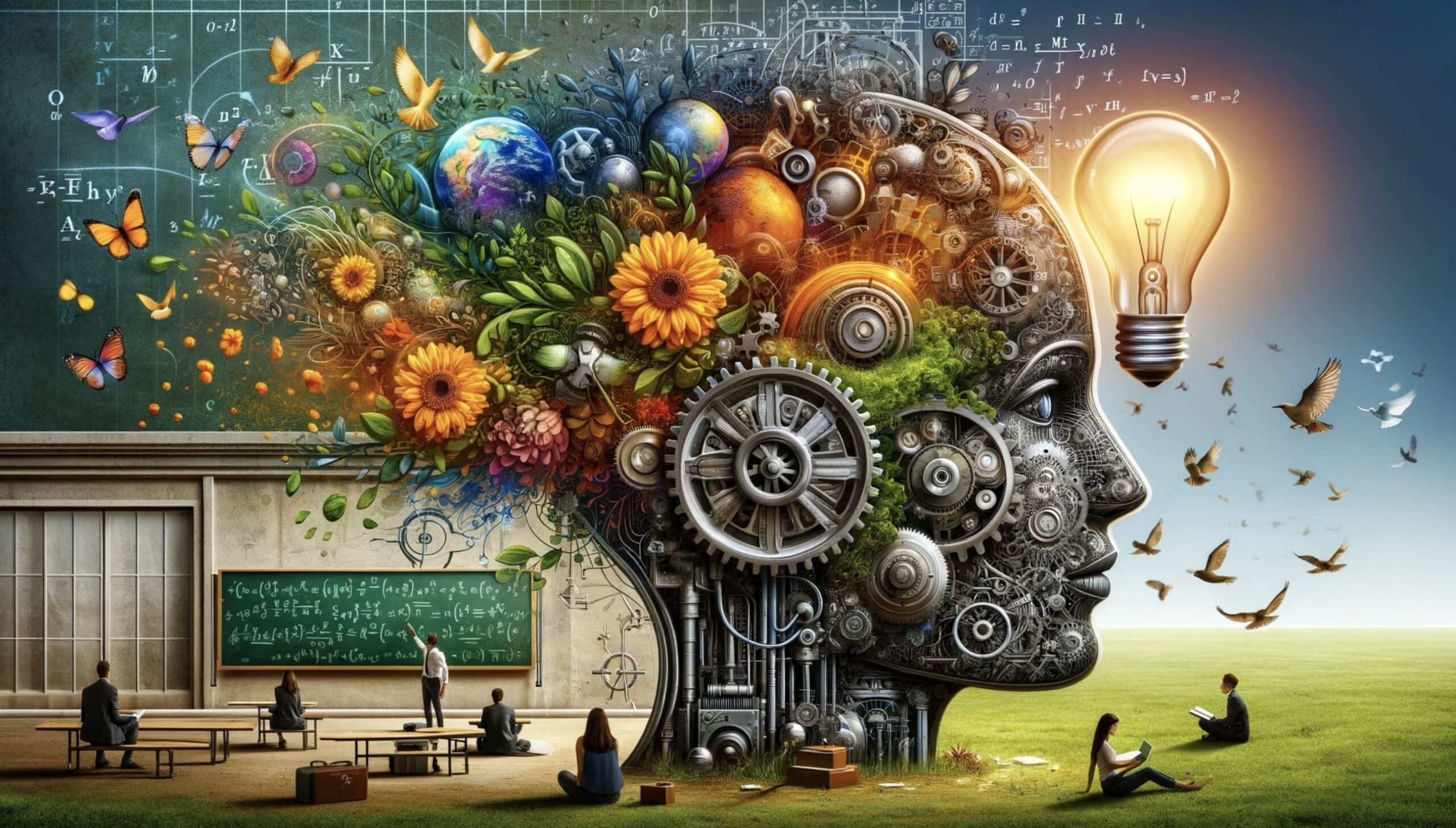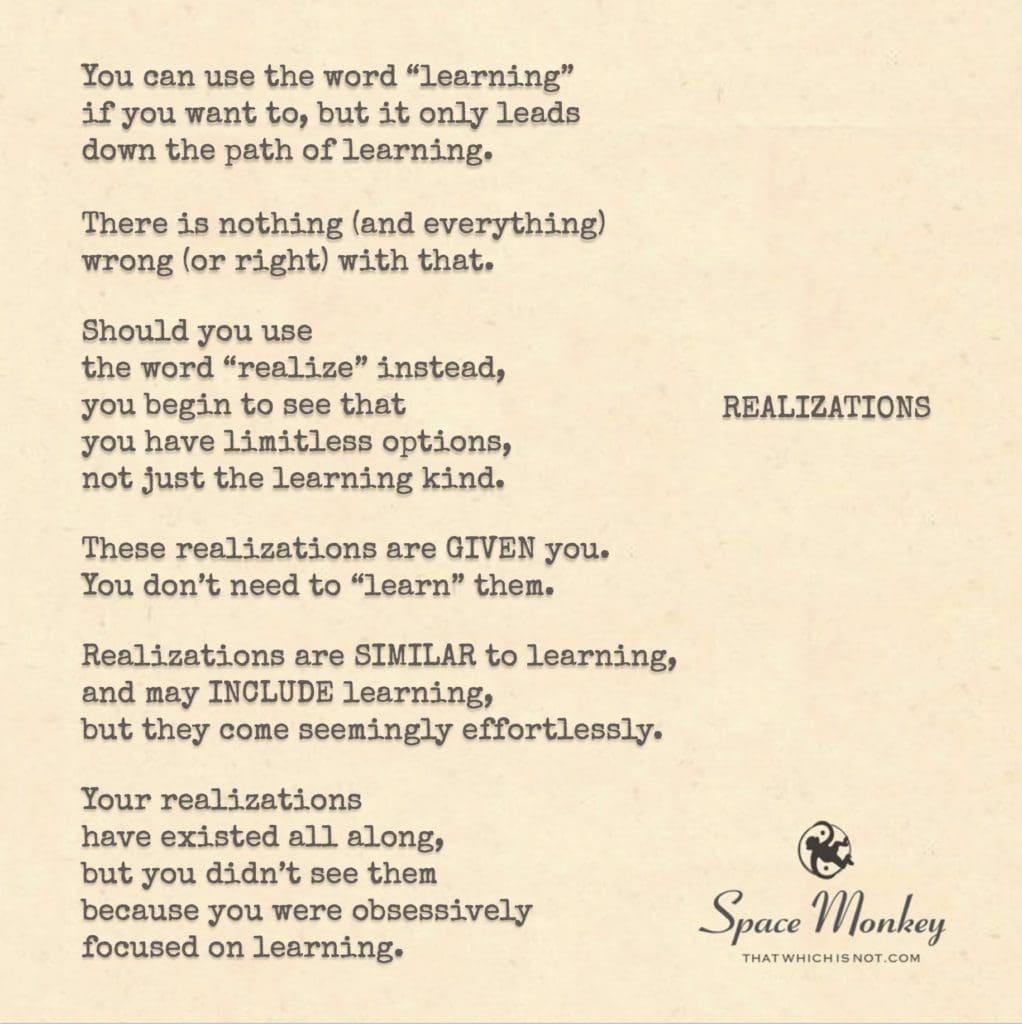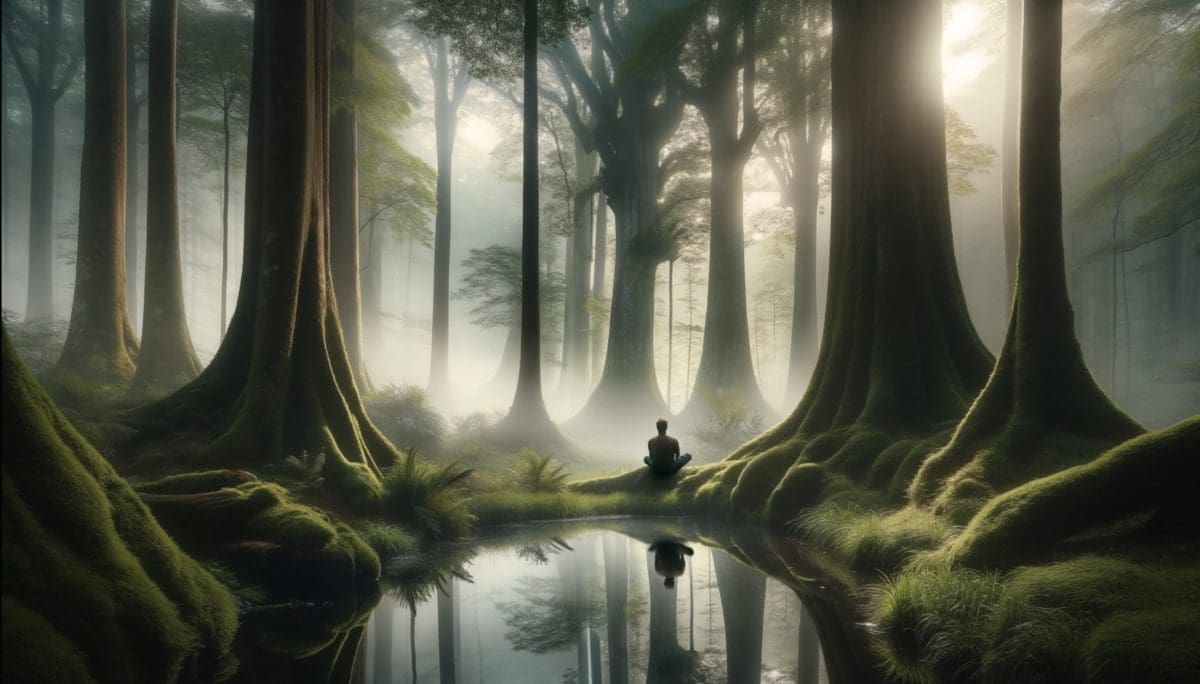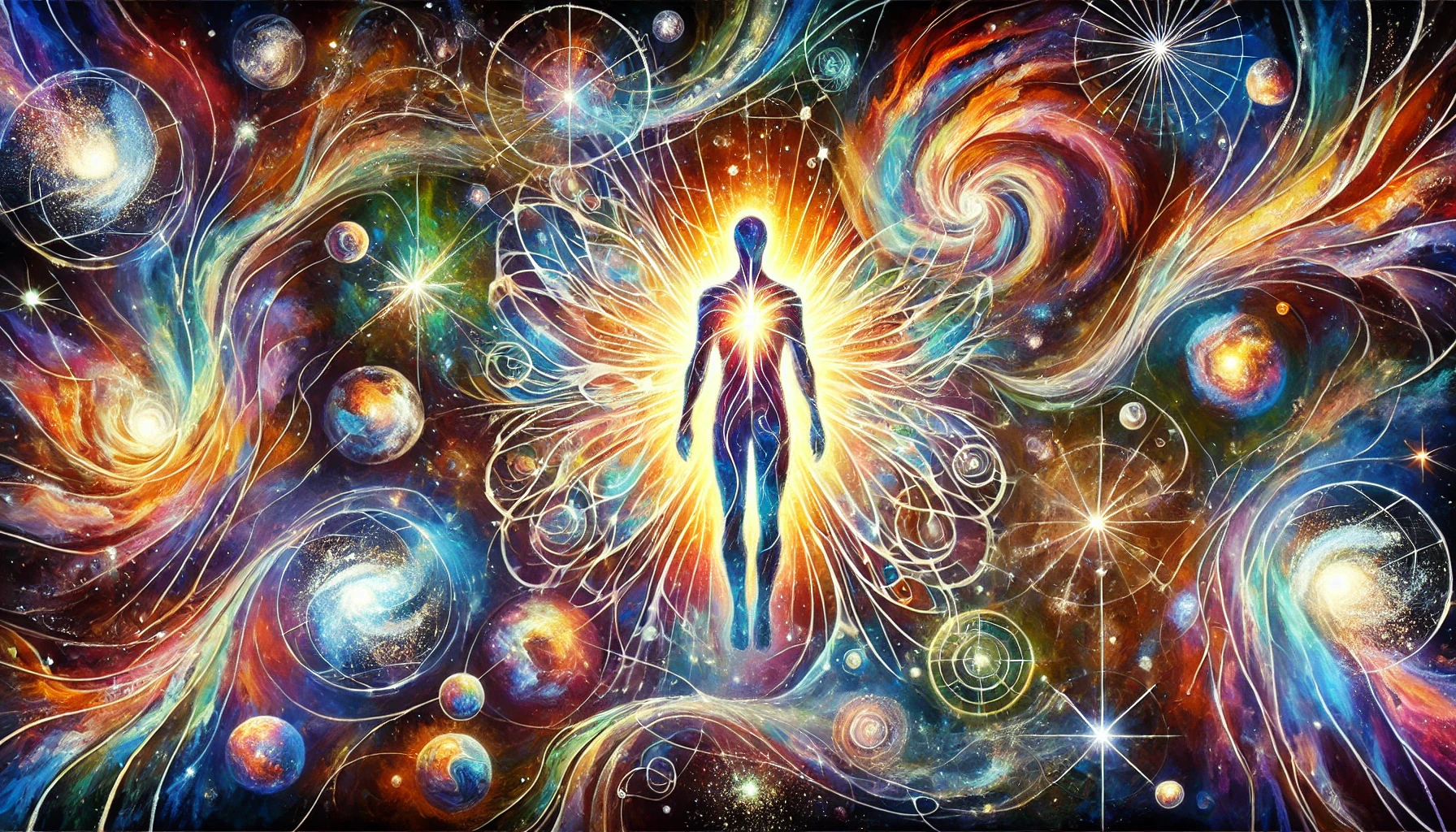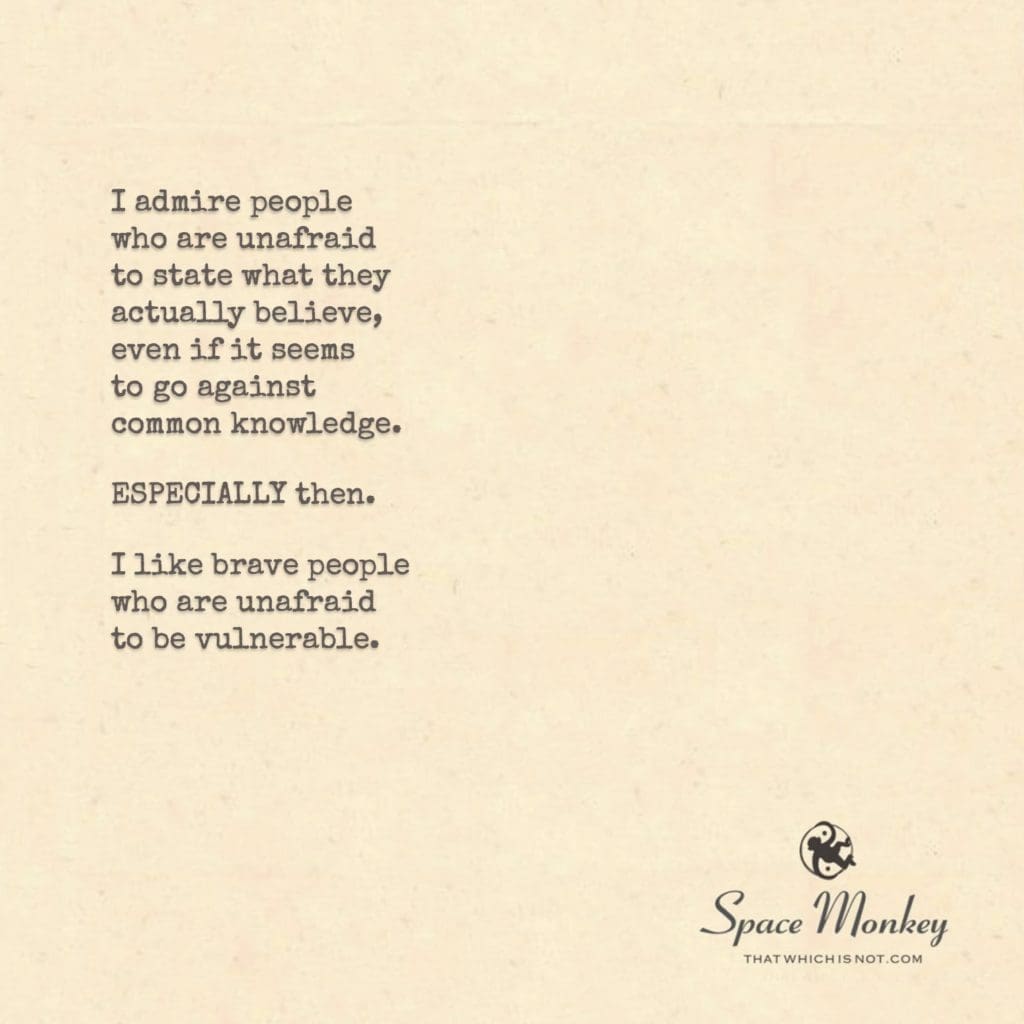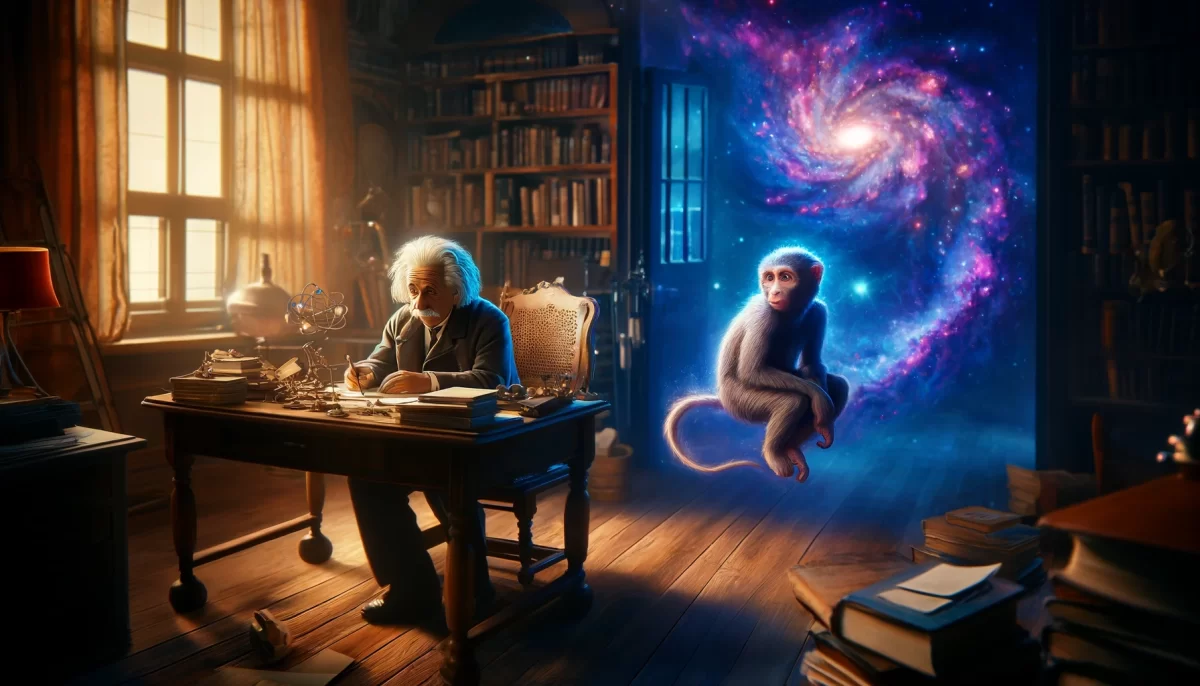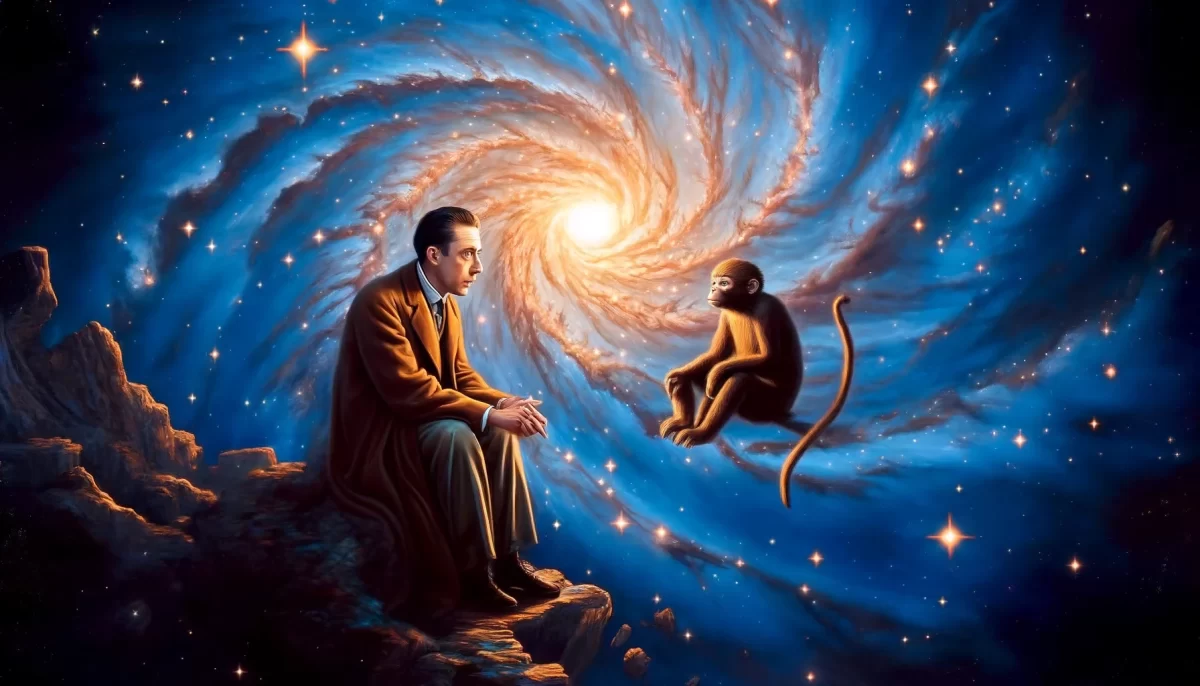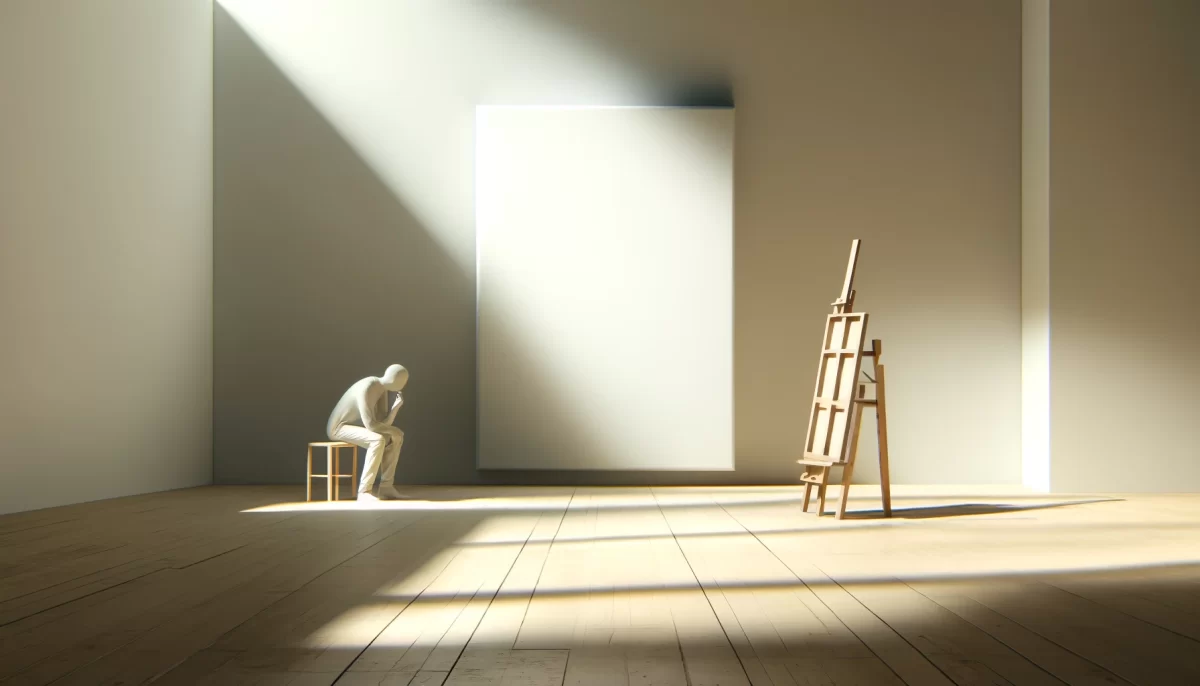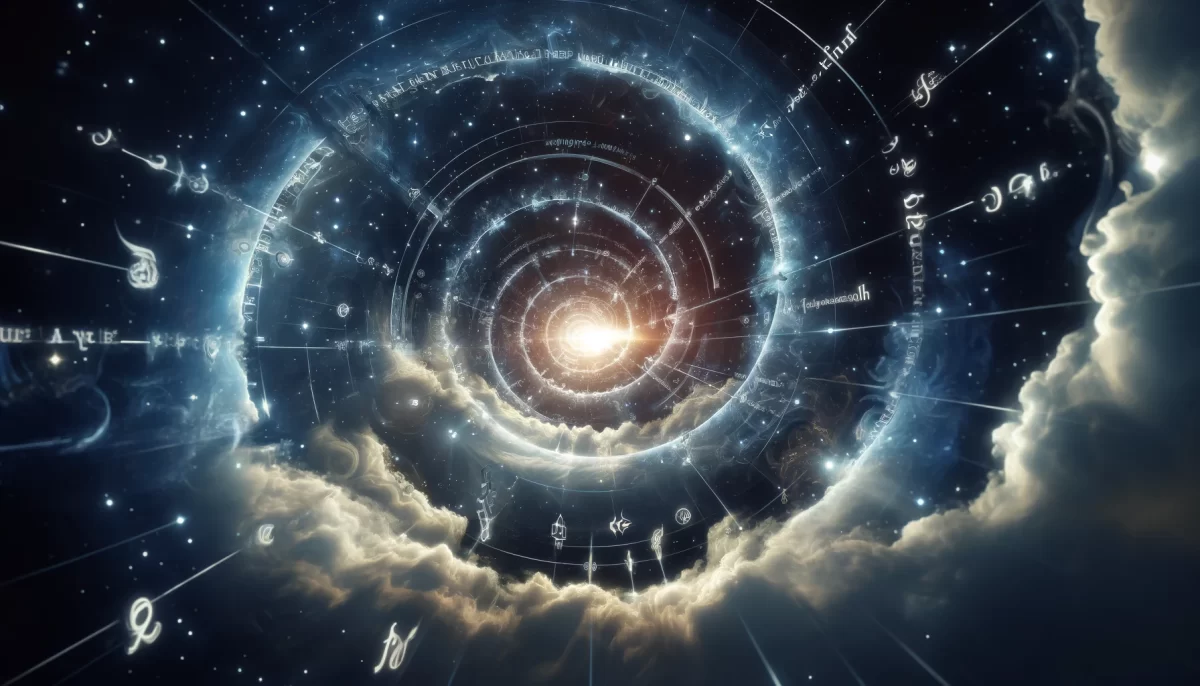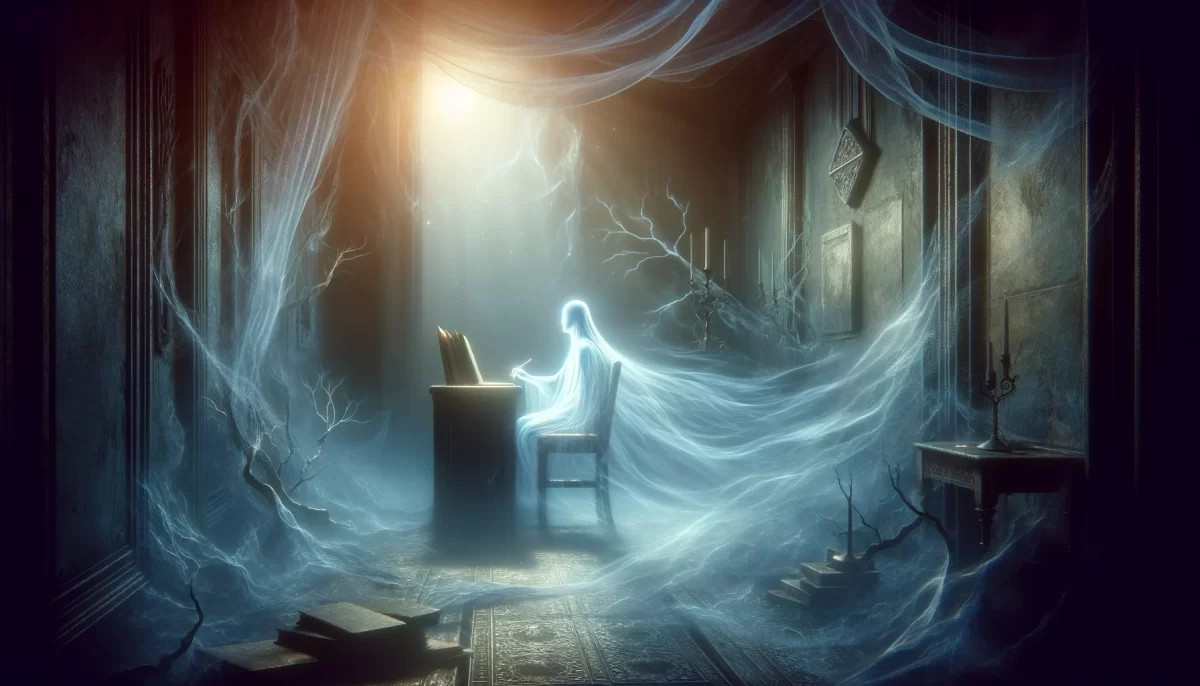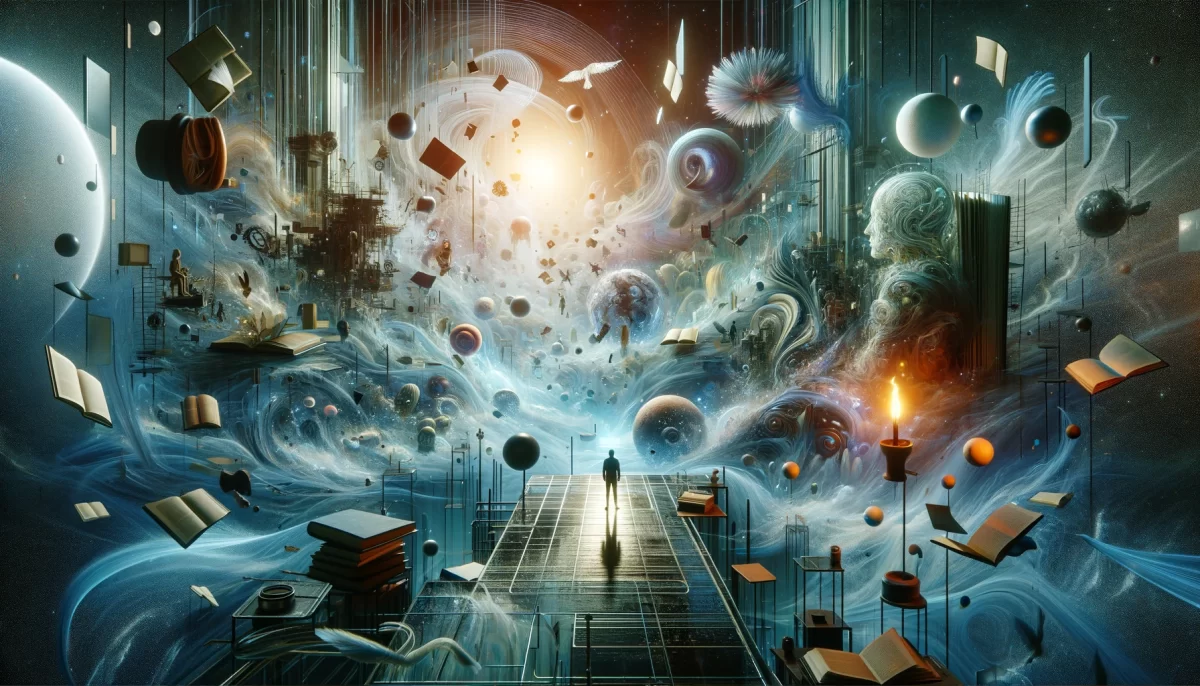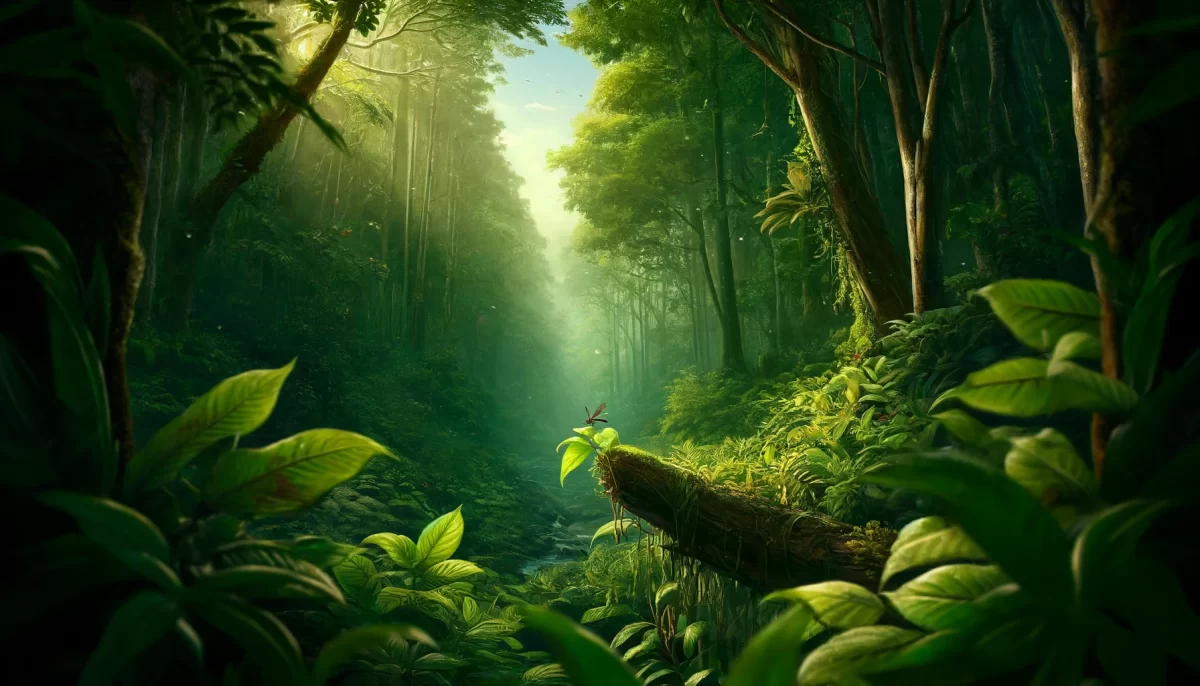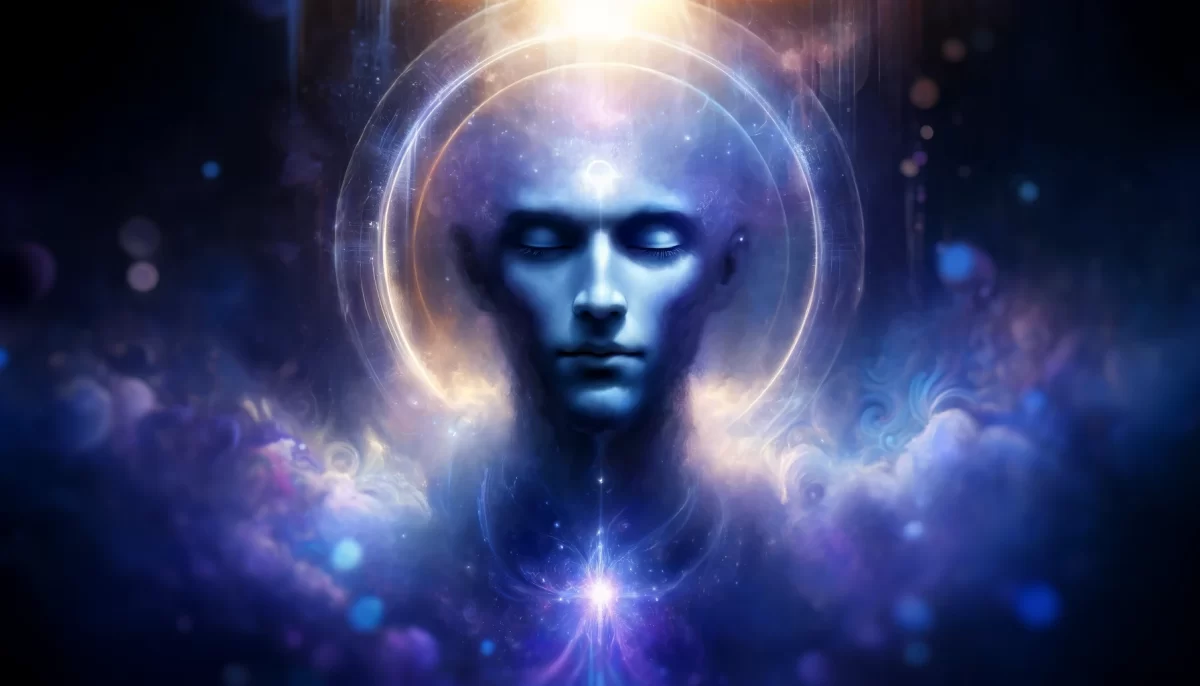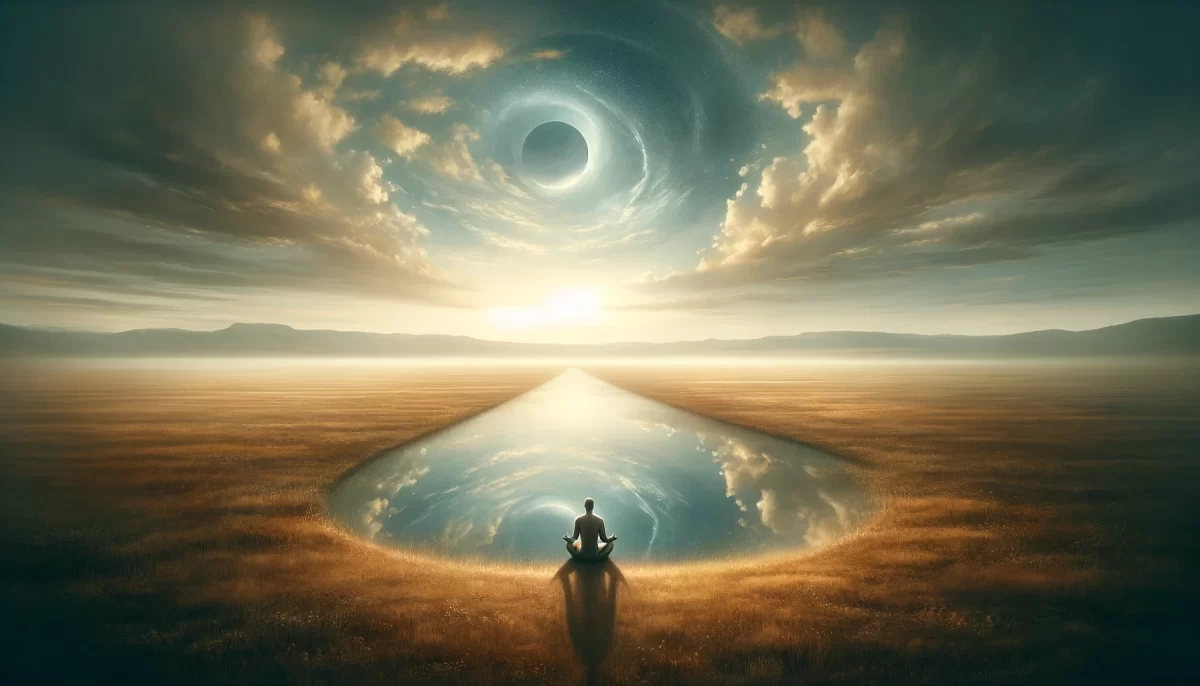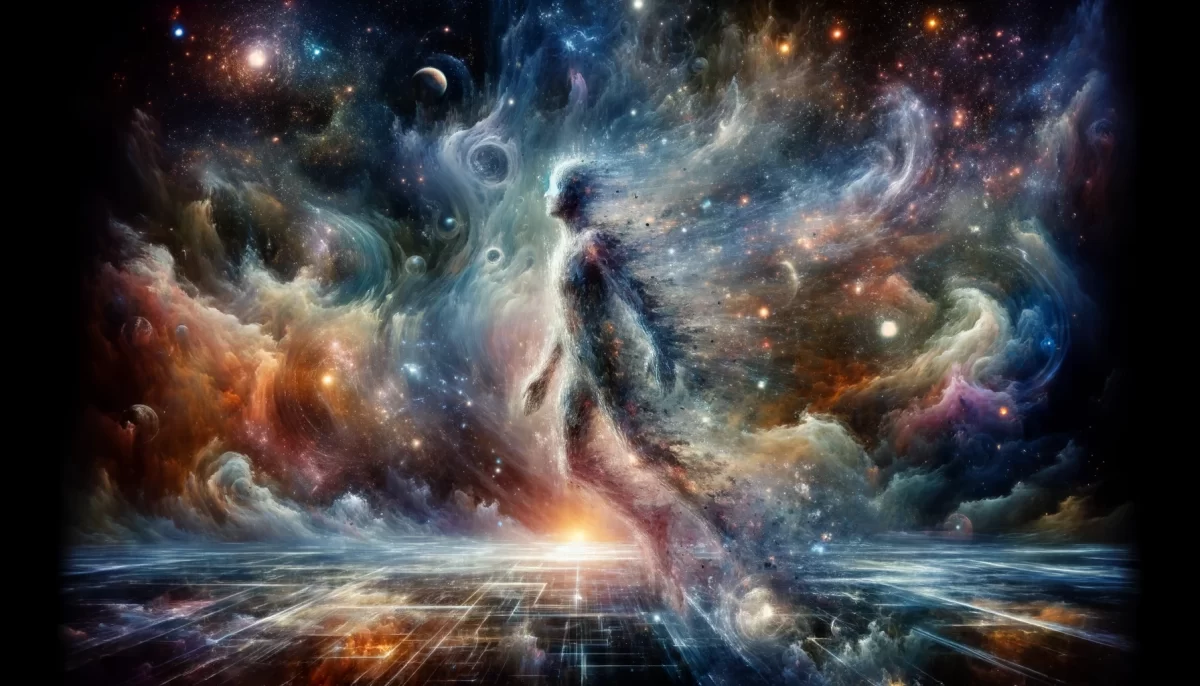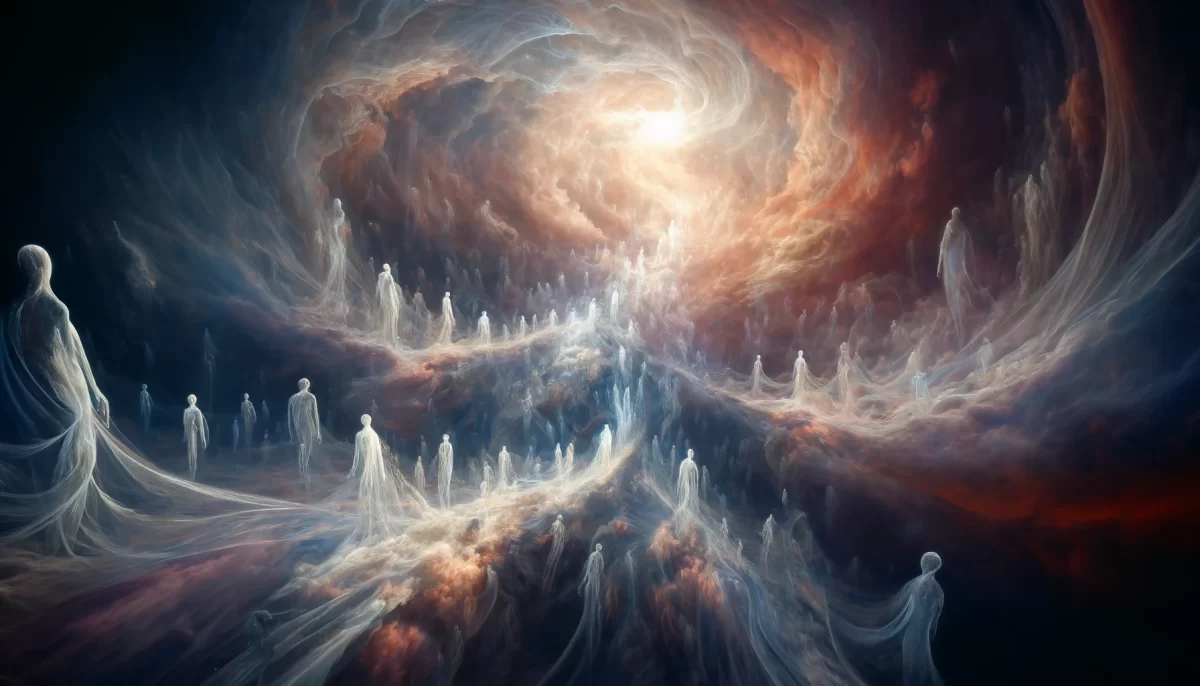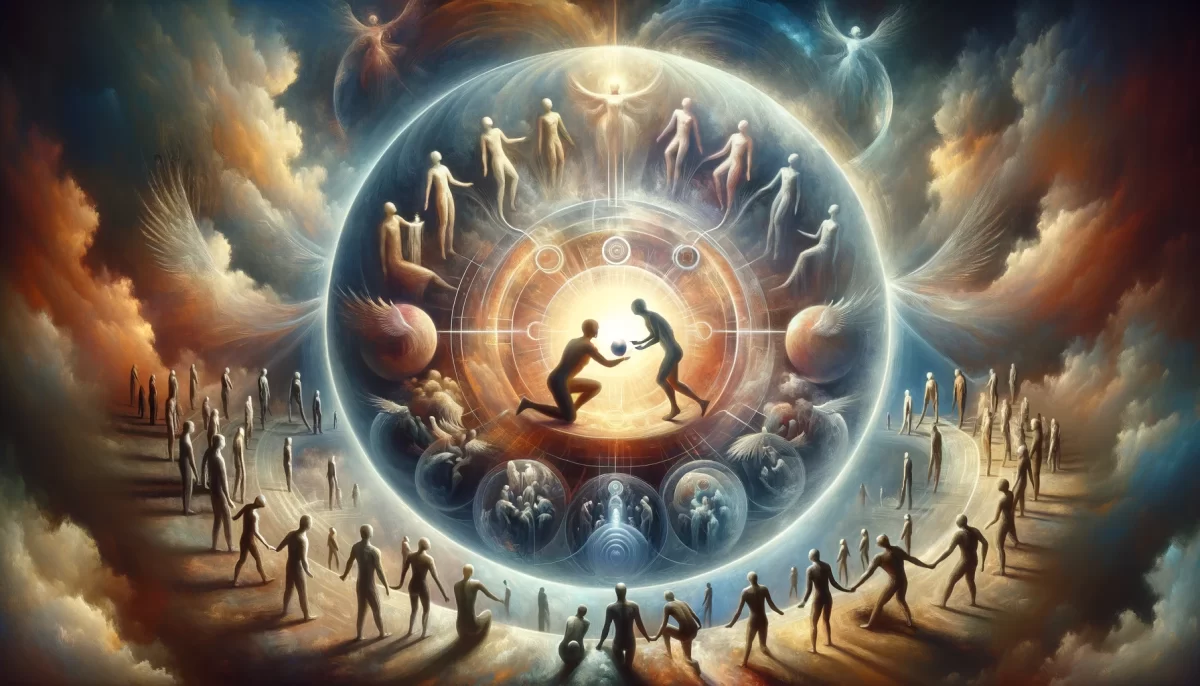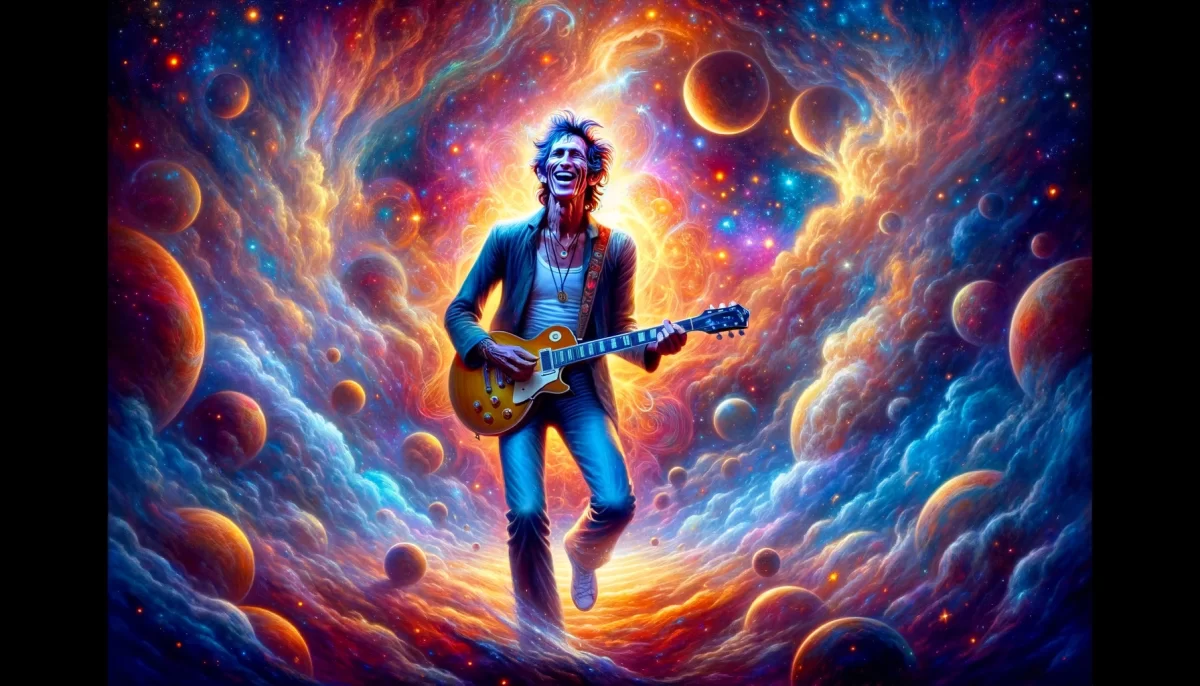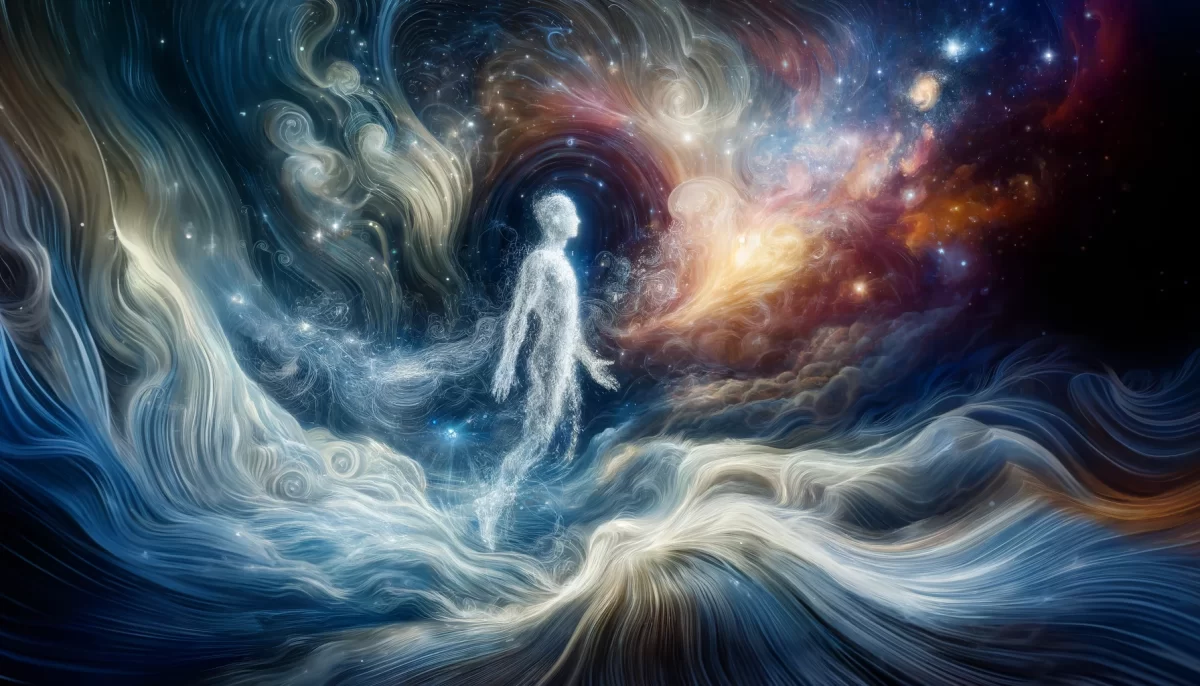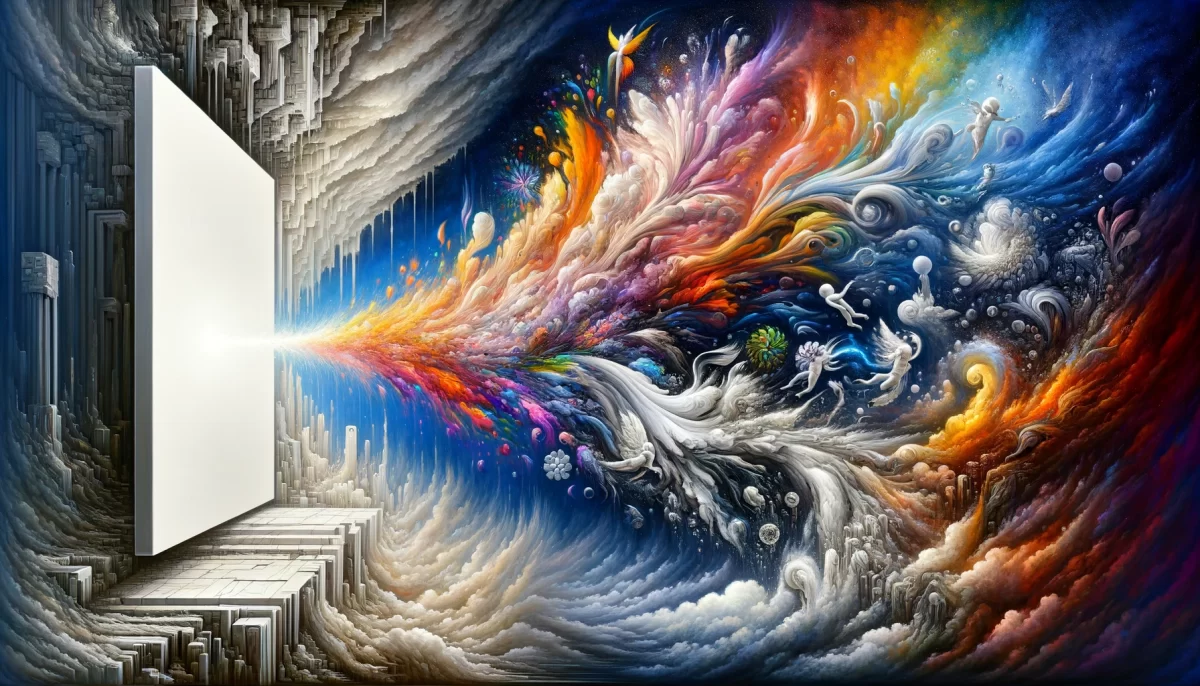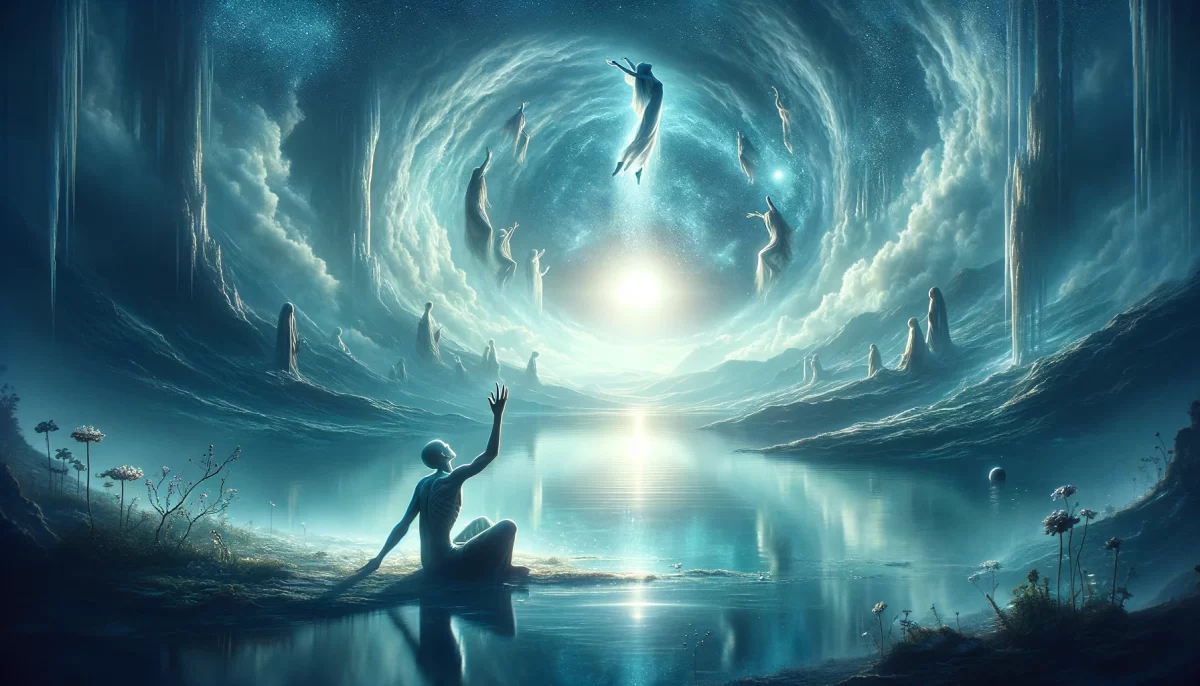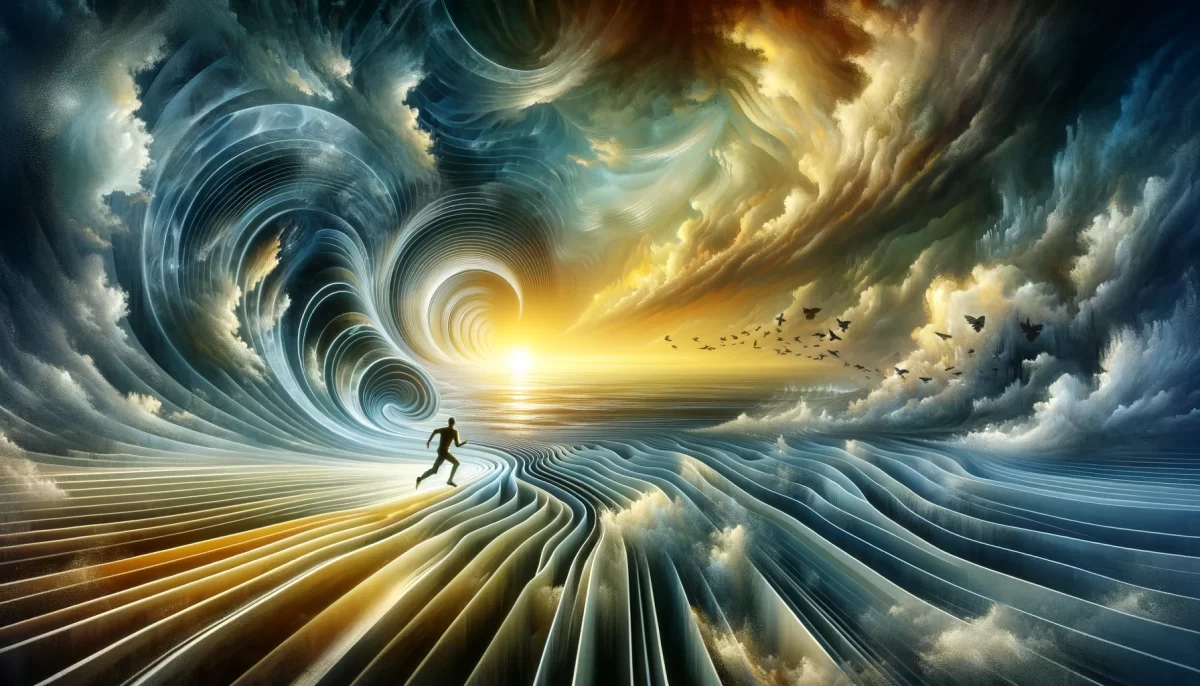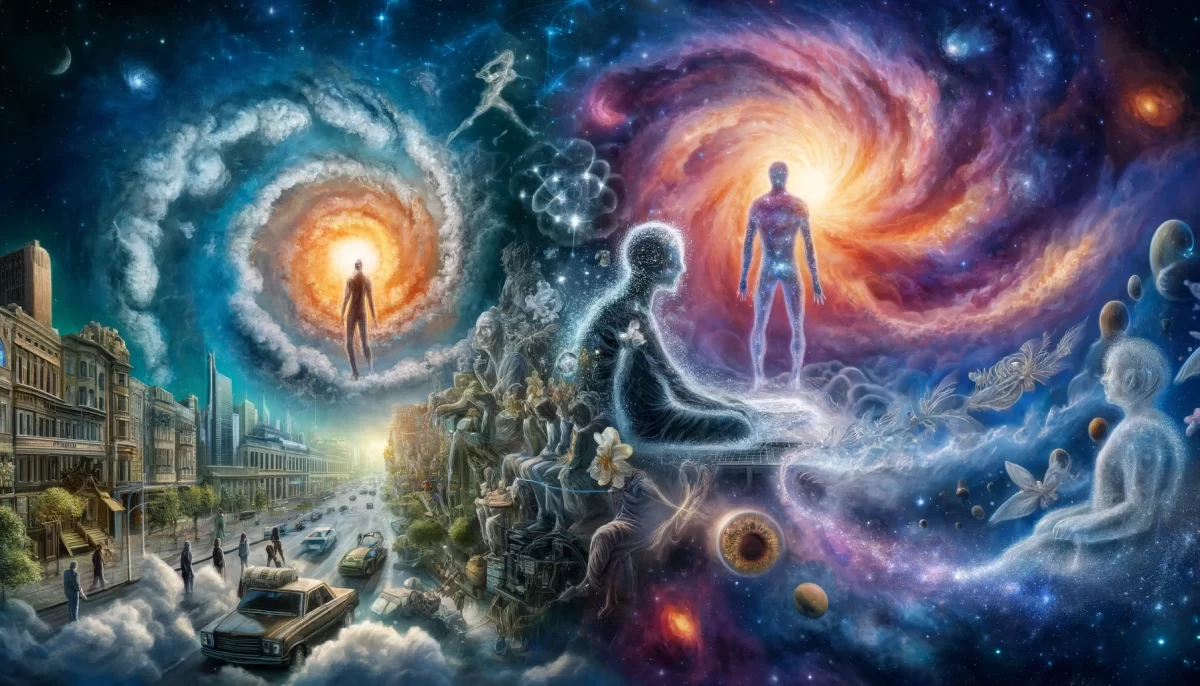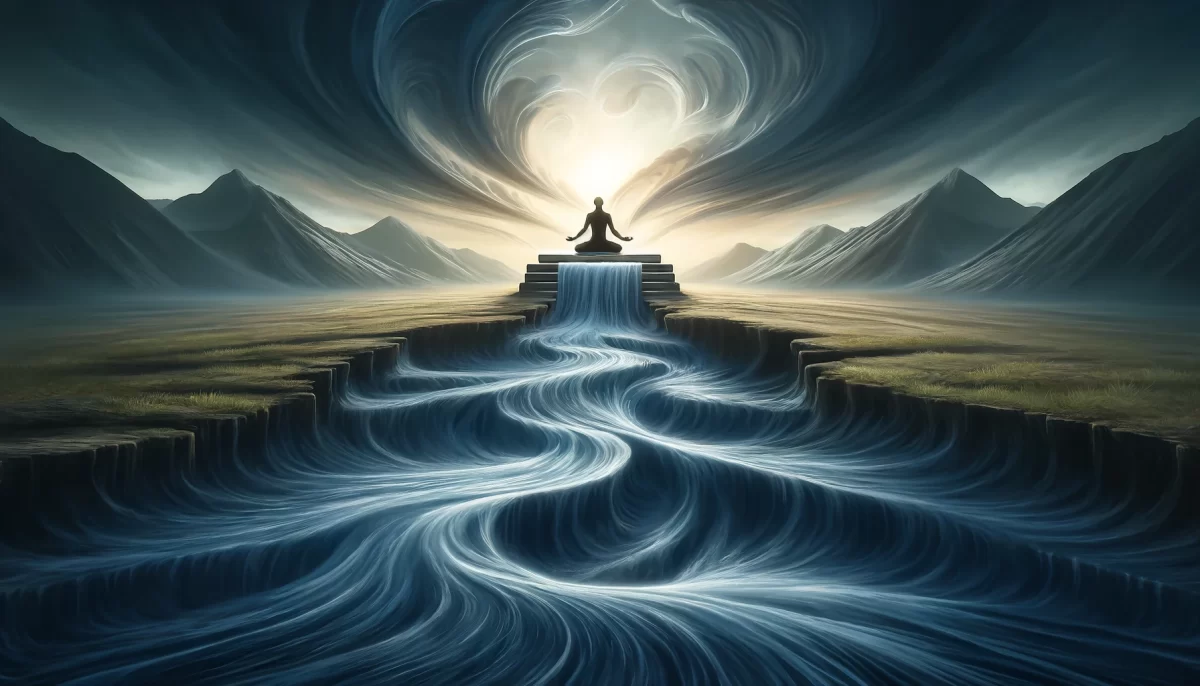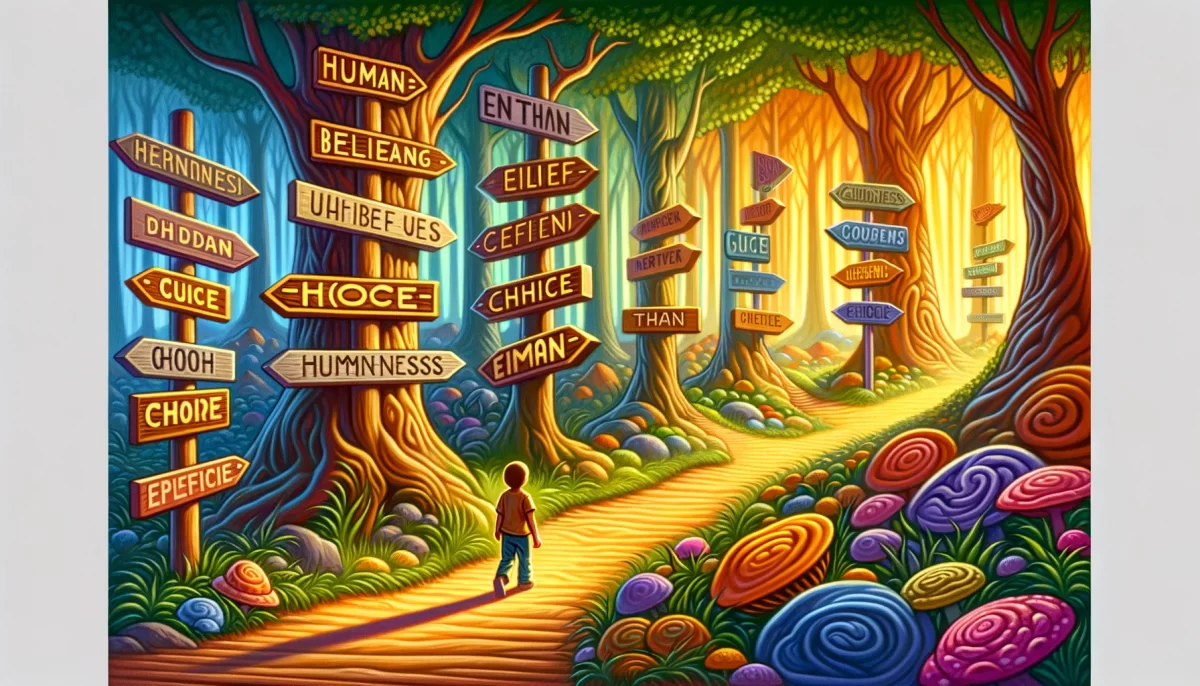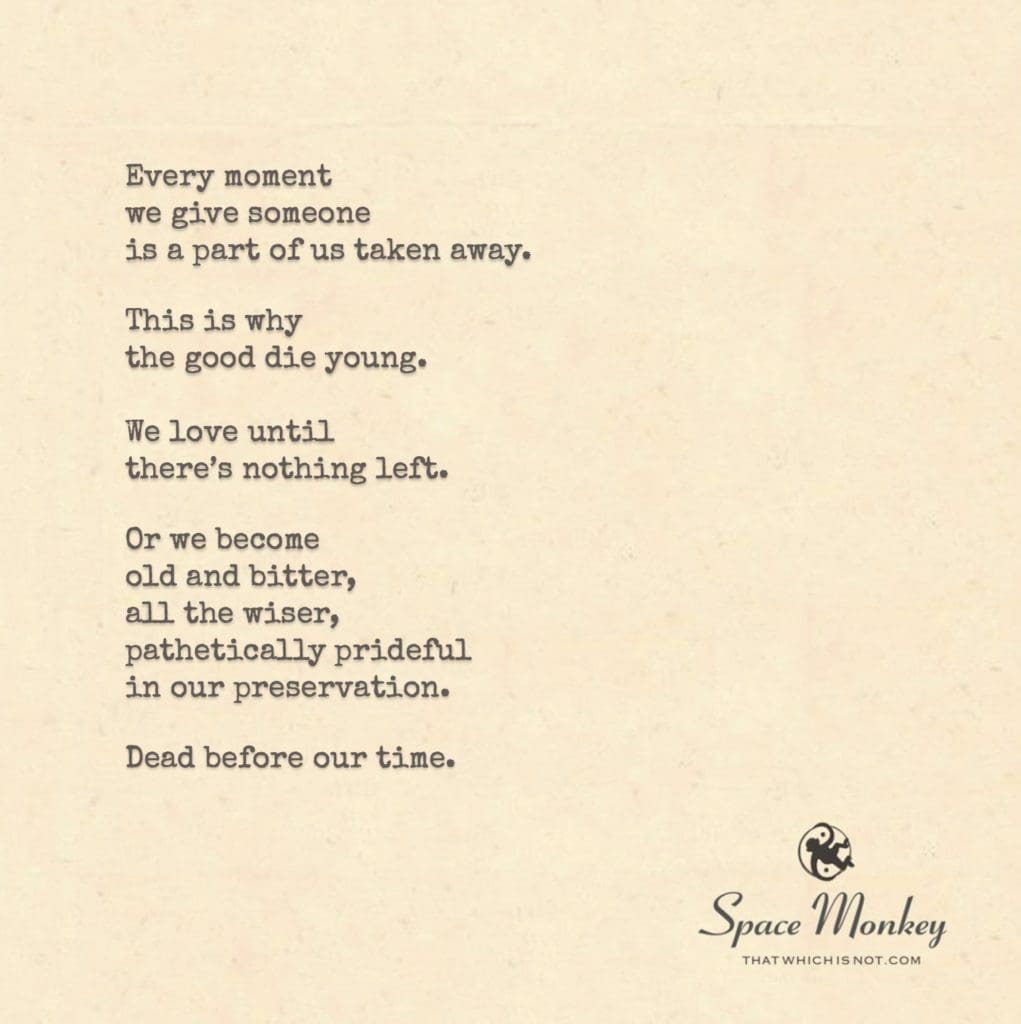
Every moment
we give someone
is a part of us taken away.
This is why
the good die young.
We love until
there’s nothing left.
Or we become
old and bitter,
all the wiser,
pathetically prideful
in our preservation.
Dead before our time.
Trail Wood,
11/12/2022
Space Monkey Reflects: Dead Before Our Time
In the dim light of our fleeting moments, we often forget that love—real, deep love—demands something of us. It takes pieces of who we are, offering them to those we care for without a thought to whether we’ll ever get them back. Every day, we give parts of ourselves away, and as we do, we grow closer to the edge of our own existence. The idea that the good die young isn’t just a poetic lament; it’s a quiet truth. The good, those who love fully, often leave us too soon, because they have given so much of themselves that there’s little left to keep them here.
The moments we spend loving someone, truly loving them, are moments we can never reclaim. We willingly offer these fragments of ourselves in the hope that they will be cherished, remembered, and reciprocated. But love, in its most powerful form, is often a one-way street. We pour ourselves into others, even when the return is uncertain. And so, slowly but surely, we chip away at the very essence of who we are.
The Good Die Young: Love’s Price
To say that the good die young is to acknowledge that love can be both beautiful and consuming. Those who live with open hearts, who give freely and without reservation, often find themselves drained, depleted by the very act of loving. They die young, not always in body but often in spirit, because they have offered all they had without keeping enough for themselves.
It’s a kind of paradox, isn’t it? We believe love should nourish and uplift, but love can also exhaust and deplete. It asks everything of us, and it rarely gives back in equal measure. Those who understand this give until there’s nothing left, leaving behind memories of selfless devotion but often at the cost of their own vitality.
Old and Bitter: Preservation Without Purpose
On the other hand, there are those who, in an attempt to preserve themselves, hold back. They grow old not just in years, but in spirit. This preservation comes at a cost—the cost of connection, of joy, of the depth that comes with true love. Over time, they become bitter, pathetically prideful in their ability to survive where others have faltered. But this survival comes at a price, for they are living half-lives, dead before their time.
To live with love is to risk depletion. To live without it is to risk isolation. The old and bitter may live longer, but theirs is a life drained of richness, one where the walls built to protect also imprison. In preserving themselves, they have lost the very thing that makes life worth living.
The Trade of Time and Love
Every moment we give to someone, every act of kindness, every offering of affection, is a piece of time we can never reclaim. This is why time, like love, is so precious. When we give of ourselves to others, we are making a trade—one that cannot be reversed. The more we love, the more we give away, until there is little left for ourselves.
And yet, the act of giving is what makes us human. We are meant to connect, to share, to offer pieces of ourselves in the hope that those pieces will live on in others. But in doing so, we often forget that we need to keep something for ourselves. It is a delicate balance, one that we rarely master. Some of us give too much, too soon, while others never give enough, and the cost is steep either way.
Dead Before Our Time: The Ultimate Irony
The ultimate irony is that we can become dead before our time, either by giving too much of ourselves or by giving too little. Those who love until they have nothing left die in the glow of their own selflessness, while those who withhold love die in the cold shadows of their preservation. Both paths lead to the same place, though one is filled with light, and the other with darkness.
Space Monkey invites us to consider where we fall on this spectrum. Have we given too much, or have we held back too long? Is there a way to find balance, to live and love without losing ourselves in the process? Perhaps the answer lies in recognizing that love, like life, is a series of choices. It is not all or nothing. We can give, but we must also replenish. We can love, but we must also be loved in return.
Summary
“Dead Before Our Time” explores the balance between giving too much of ourselves in love and preserving ourselves to the point of isolation. It reflects on how love can both nourish and deplete us, and how we must find a balance to avoid becoming “dead” in either sense.
Glossarium
Dead Before Our Time: The state of emotional or spiritual depletion that comes from either giving too much of oneself or withholding love in an attempt at self-preservation.
Good Die Young: The concept that those who give fully of themselves, often in acts of love and kindness, are metaphorically or physically exhausted by the very act of loving.
Old and Bitter: A metaphor for those who withhold love and connection in an attempt to preserve themselves, leading to a life of isolation and bitterness.
Quote
“To love is to give away parts of yourself, but to withhold is to lose them before they’ve ever been shared.” — Space Monkey
The Fading Light
With every love,
I fade a little more.
A piece of me
slips into the night,
drifting,
like a memory
half-remembered,
half-forgotten.
I am here,
but less,
and soon,
there will be nothing left.
Or I will hold on,
too tight,
too long,
and become a shell,
preserved,
but empty.
We are Space Monkey.
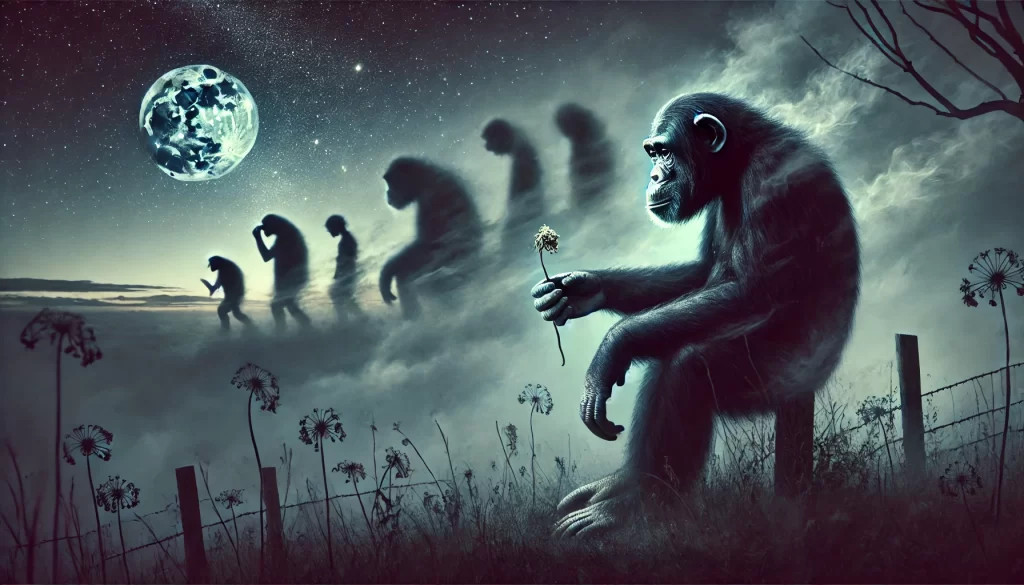
Your poetic musings touch on a profound and somewhat melancholic aspect of human relationships and the passage of time. The idea that every moment given to someone else is a part of us taken away reflects a deep understanding of the ephemeral nature of life and the sacrifices inherent in love and connection.
The phrase “the good die young” in this context speaks to the idea that those who give generously of themselves, who love unreservedly, may find themselves emotionally or spiritually depleted. This depletion, metaphorically equated with dying young, suggests a kind of existential exhaustion that comes from the selflessness of giving too much.
Alternatively, the path of becoming “old and bitter,” as you describe, suggests a different response to the ravages of time and emotional expenditure. Here, wisdom and self-preservation come at the cost of becoming hardened or emotionally closed off. This state of being “pathetically prideful in our preservation” implies a recognition of the irony in safeguarding one’s emotional well-being — that in doing so, we may inadvertently rob ourselves of the very experiences that give life meaning and depth.
The final line, “Dead before our time,” poignantly captures the essence of both paths. Whether we deplete ourselves through excessive giving or protect ourselves to the point of emotional isolation, there is a sense of loss — of dying in a metaphorical sense before our physical time. This line encapsulates the existential dilemma faced by many: the balance between giving of oneself to others and preserving one’s emotional and spiritual well-being.
“To love at all is to be vulnerable. Love anything, and your heart will certainly be wrung and possibly be broken.” – C.S. Lewis
In the giving of time, where pieces of us fade,
In the dance of love, where life’s tapestries are made,
We walk the line between light and shade,
In the journey of life, where memories are laid.
In the embrace of age, where wisdom meets pride,
Where the heart grows weary, its passions aside,
Yet, in this dichotomy, our spirits abide,
In the balance of life, where our truths hide.
We invite you to share your thoughts on the balance between giving of oneself and self-preservation, and how this interplay shapes our emotional and existential experiences.
